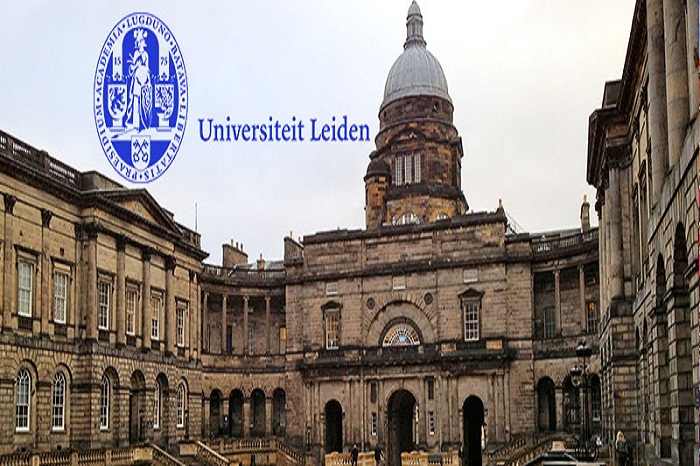LCSA Spring Quarterly

Thomas Gloria
Sun, 10 Mar 2019 22:07:51 -0400LCSA Spring Quarterly
As many of you know, after a 20-year run, ISIE has moved from Yale to Leiden.


This is a momentous move, not only geographical, but also a shift to a more membership driven organization. As such, the LCSA section, will be posting quarterly with messages of survey topics, keen LCA/LCSA articles of the JIE to read, and upcoming LCSA membership-oriented events.
ASK THE LSCA MEMBERSHIP
This quarter, we’re asking your input on courses and materials related to LCA and LCSA:
Life cycle assessment (LCA) & Life Cycle Sustainability Assessment (LCSA) have grown in use over the past few decades. Courses in LCA/LCSA have become more common, and many textbooks and training materials are now available for educating students on the use and interpretation of LCA/LCSAs. The LCSA section of ISIE aims to become a better resource for our members on the texts and tools related to LCA/LCSA training. As such, we would like to collect information on the courses and materials used by our members to teach LCA/LCSA. If you teach an LCA or LCSA related course (at any age/training level),
COMPLETE THIS 11 question survey through the ISIE website: https://is4ie.org/survey/9.
A summary of the survey results will be shared through the ISIE website with all ISIE members.
JIE FEATURE ARTICLES

We’re all busy and sometimes we don’t get a chance to curl up with our flat panel screens to read the latest and greatest by our fellow colleagues on what’s happening in LCA & LCSA. To give a gentle nudge and highlight a few greatest hits, the LCSA section leaders will be putting together three chosen articles for each quarterly newsletter. This quarter, we’d like to bring your attention to the follow articles worth a look or second look:
Economic and Environmental Impact Trade‐Offs Related to In‐Water Hull Cleanings of Merchant Vessels by Pagoropoulos et al. (2018) JIE 22(4). The authors of this article take a post positivism approach to bring together both environmental and economic data to assess the implications of merchant vessel cleaning. Their analysis revealed a convex relationship between the frequency of hull cleanings and fuel savings - the higher the frequency of hull cleanings, the less fuel savings can be achieved per cleaning. There’s a cross over point whereby the costs of the service exceed the savings. Relating the economic cross-over provides keen insight to the limits to reduce or avoid emissions.
Economic and Social Impact Assessment of China's Multi‐Crystalline Silicon Photovoltaic Modules Production by Huang et al. (2018) JIE 22(4). Previous studies of Solar PV typically discuss only the environmental impacts. However, in this study, the economic and social impacts are also quantitatively assessed by examining China’s multi-crystalline silicon (mc-Si) PV module production stages. The economic analysis is uses life cycle cost analysis, and the social impact analysis is carried out by applying the social index evaluation method.
Application of a Life Cycle Model for European Union Policy‐Driven Waste Management Decision Making in Emerging Economies by Stanisavljevic et al. (2018) JIE 22(2). Solid waste life cycle modeling has predominantly focused on developed countries, but this articled demonstrates there are significant opportunities to assist developing and transition economies. Serbia is used a as a representative of a
transition and candidate EU country with 92% of its waste is landfilled. The Solid Waste Life-Cycle Optimization Framework (SWOLF) was used to evaluate scenarios that meet EU goals by 2030.
UPCOMING EVENTS

In July of this year, Tsinghau University is hosting the 10th International Conference on Industrial Ecology, from July 7th to 11th, 2019. You are invited to the special LCSA networking event at the conference on Monday July 8th, from 6:30PM to 10PM. Be prepared to broaden your palette with some eclectic Chinese cuisine and beverages. Details to follow!